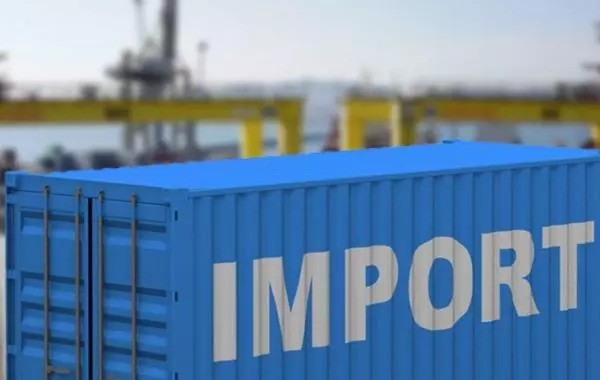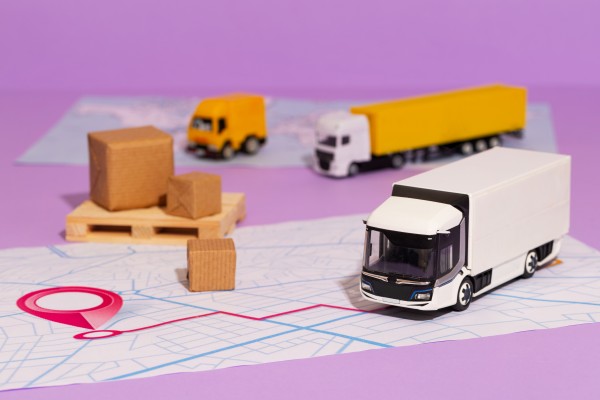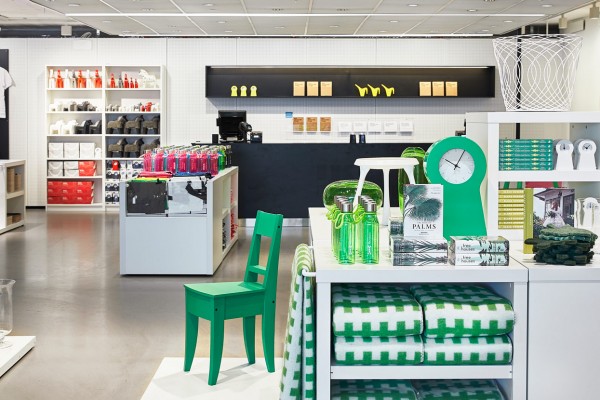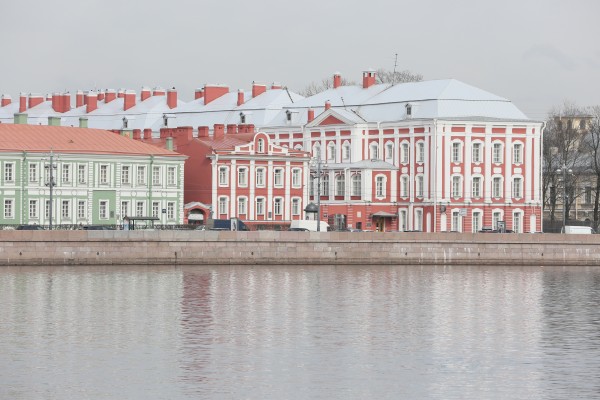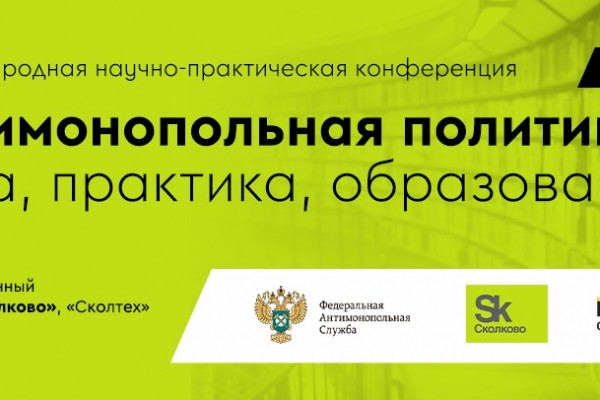On March 30th, the Russian government decided to allow the importation of in-demand original goods of foreign production into the country without the consent of the rights holders. Alexey Ivanov, director of the Institute for Law and Development of the Higher School of Economics-Skolkovo and the BRICS Competition Centre, told Rossiyskaya Gazeta what the parallel imports will do for Russians.
Features of the legalization of parallel imports is that there will be no artificial restrictions on imports to Russia, said Alexei.
According to him, all this time Russia has been spending resources on protection of foreign intellectual property rights. For this reason, 60% of the goods were not allowed at the border, it follows from the data of Federal Customs Service. That is, they were checked for a license provided by the global right holder.
For example, any brand-exporter with trademark Adidas at the customs was obliged to show a license agreement, under which Adidas allowed him to import goods into Russia. All importers only had to be official dealers or distributors.
The removal of barriers will allow any importer in any country to buy goods that are legally introduced into circulation, import them into Russia and sell them to Russian consumers, the expert said. Instead of the established logistic channels through which in recent years we have received goods, primarily from the Western direction, many new delivery routes will open. This will help change the configuration of the market: saturate it with goods, on the one hand, and on the other - give jobs to many Russian citizens, small and medium entrepreneurs, who will become "new shuttle traders," he said.
According to Ivanov, if parallel imports had been allowed in the country for all recent years, the stability of our market system to shocks and stresses would have been much higher. And today we would not have faced such a powerful supply shock, when many companies, dealerships, trading houses left Russia, following the political pressure of the West. People would simply move from large dealerships to small ones, from monopolistic institutions to independent ones, and there would be autonomous service centers, independent of the transnational right holder.
The expert reminded that Russia introduced the ban on parallel imports in 2006, thus standing up for the interests of global corporations, the transnational right holders. He believes that this decision was taken to the detriment of the interests of Russian consumers and producers and to the detriment of the development of the national economy:
"Even before the sanctions were imposed, the National Research University Higher School of Economics and the Skolkovo Foundation conducted a large survey. The survey of companies demonstrated that the innovative segment of our market suffers from the ban on parallel imports, is dependent on monopolistic structures and official distributors".
Thus, for many years, during the period of rapid consumer growth and high oil prices, Russia overpaid for the main groups of goods imported into Russia. Their prices at official dealers were unfairly overpriced, and the range of goods itself was limited. Often the products sold in Russia were of inferior quality to those sold in the West under the same brand name.
Source: Rossiyskaya Gazeta
